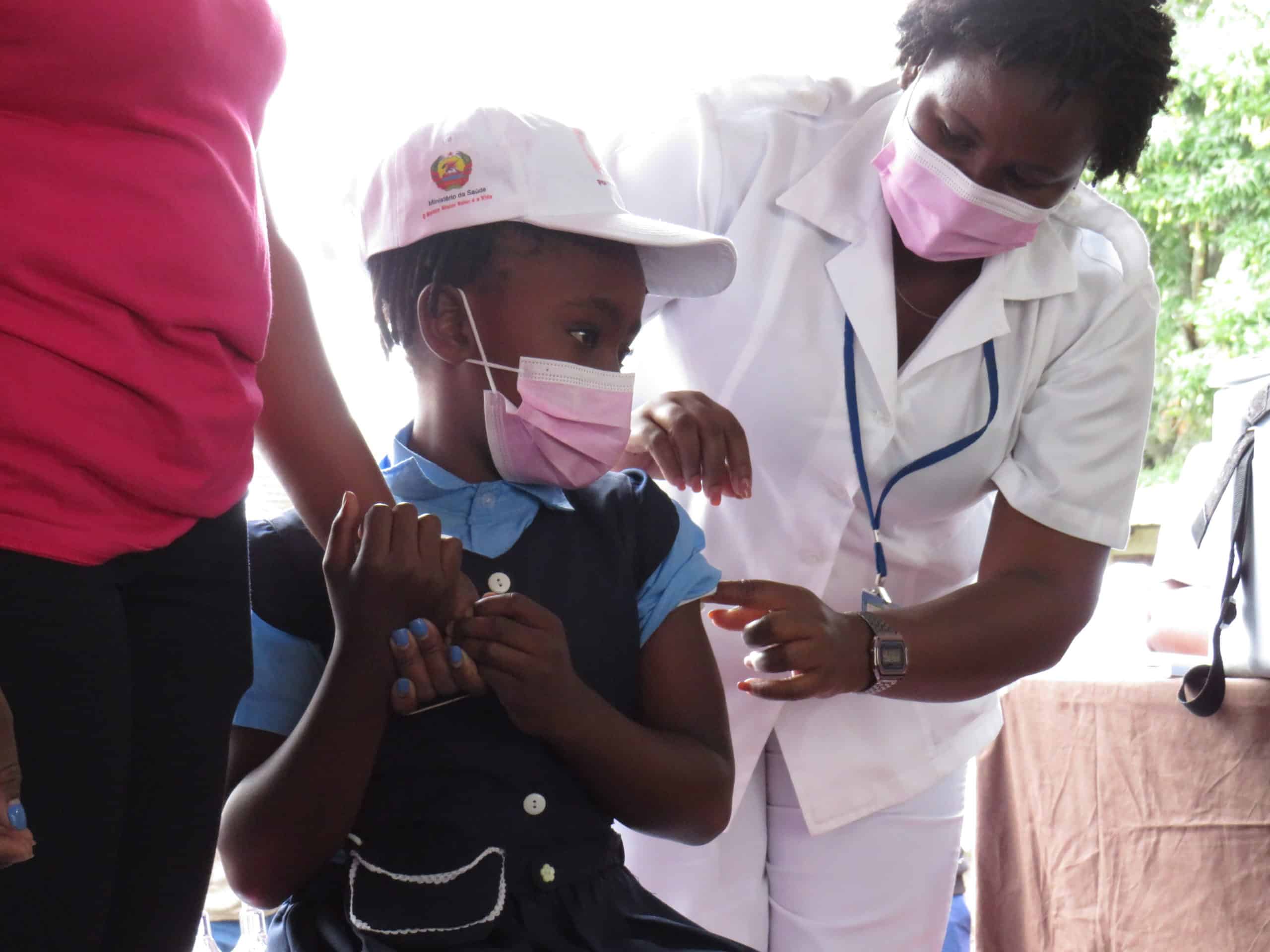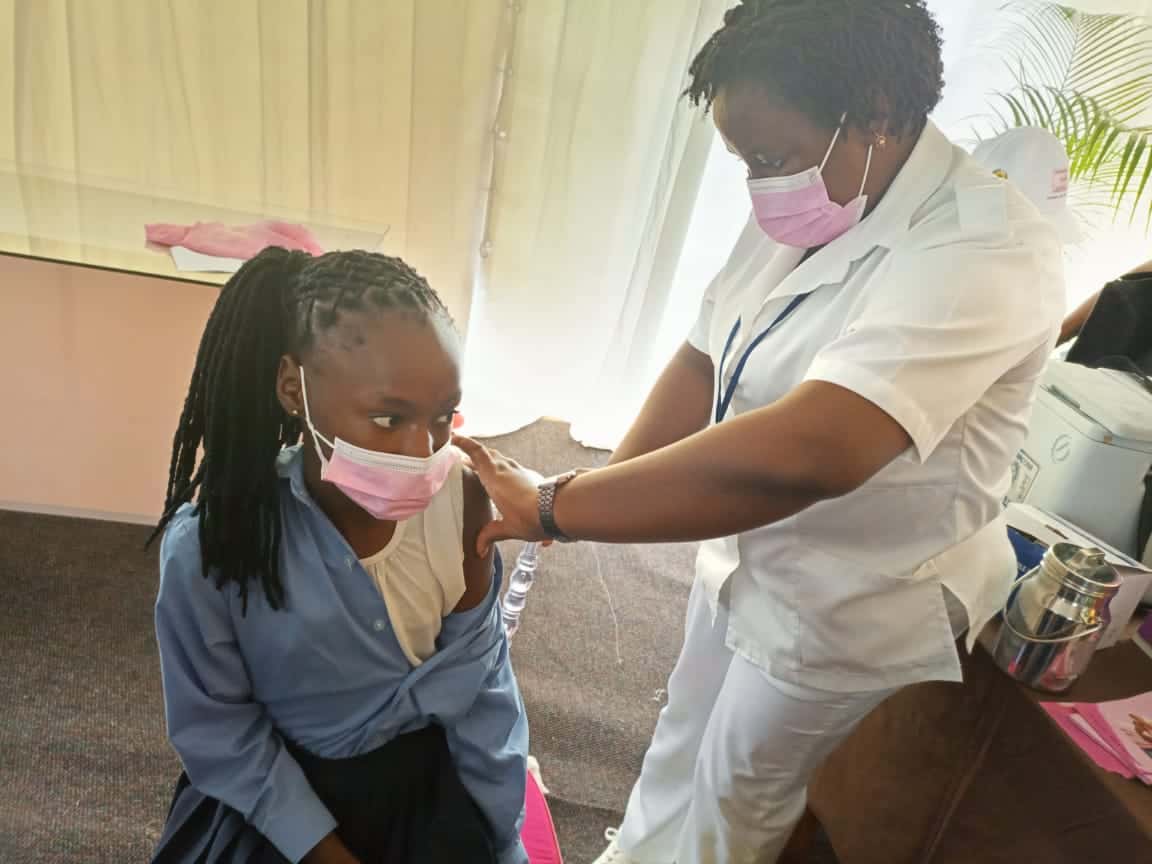JSI has contributed significantly to strengthening Zimbabwe’s health system, particularly in the areas of maternal and child health, immunization and new vaccine introduction, family planning, HIV prevention and treatment, health and educational support to orphans and vulnerable children, and supply chain strengthening for life-saving health commodities. JSI works hand-in-hand with the Zimbabwean Ministry of Health and Child Care (MOHCC) to support interventions at national, provincial, district, and community levels.
We have supported extensive research on the HIV epidemic in Zimbabwe through the AIDSFree and AIDSTAR-One projects. Under AIDSFree, JSI led a study to validate a pediatric HIV case finding tool to increase HIV testing yield among orphans and vulnerable children, and another study that describes differentiated treatment distribution models to expand ART access, strengthen adherence, and streamline facility services.
Under the U.S. government’s DREAMS Innovation Challenge, JSI supported DREAMS grantee organizations to execute cutting-edge HIV programs.
JSI has also partnered with World Education to implement the Children First and Vana Bantwana projects, which developed new models for care and support of orphans and vulnerable children (OVC) in Zimbabwe.
JSI’s office in Zimbabwe was awarded the USAID Office of Science and Technology Pioneers Prize (2013) and named a finalist for the Council of Supply Chain Management Professionals Supply Chain Innovation Award (2014) for its innovative Delivery Team Topping Up (DTTU) initiative, which provides a reliable supply of family planning and HIV and AIDS commodities to some of the hardest to reach areas in Zimbabwe.
JSI began working in Zimbabwe in the 1980s and our first project was the USAID-funded Enterprise Project, which improved access to family planning services through private-sector health providers.





